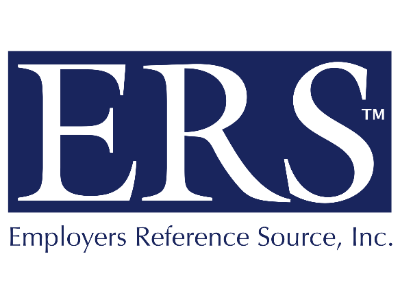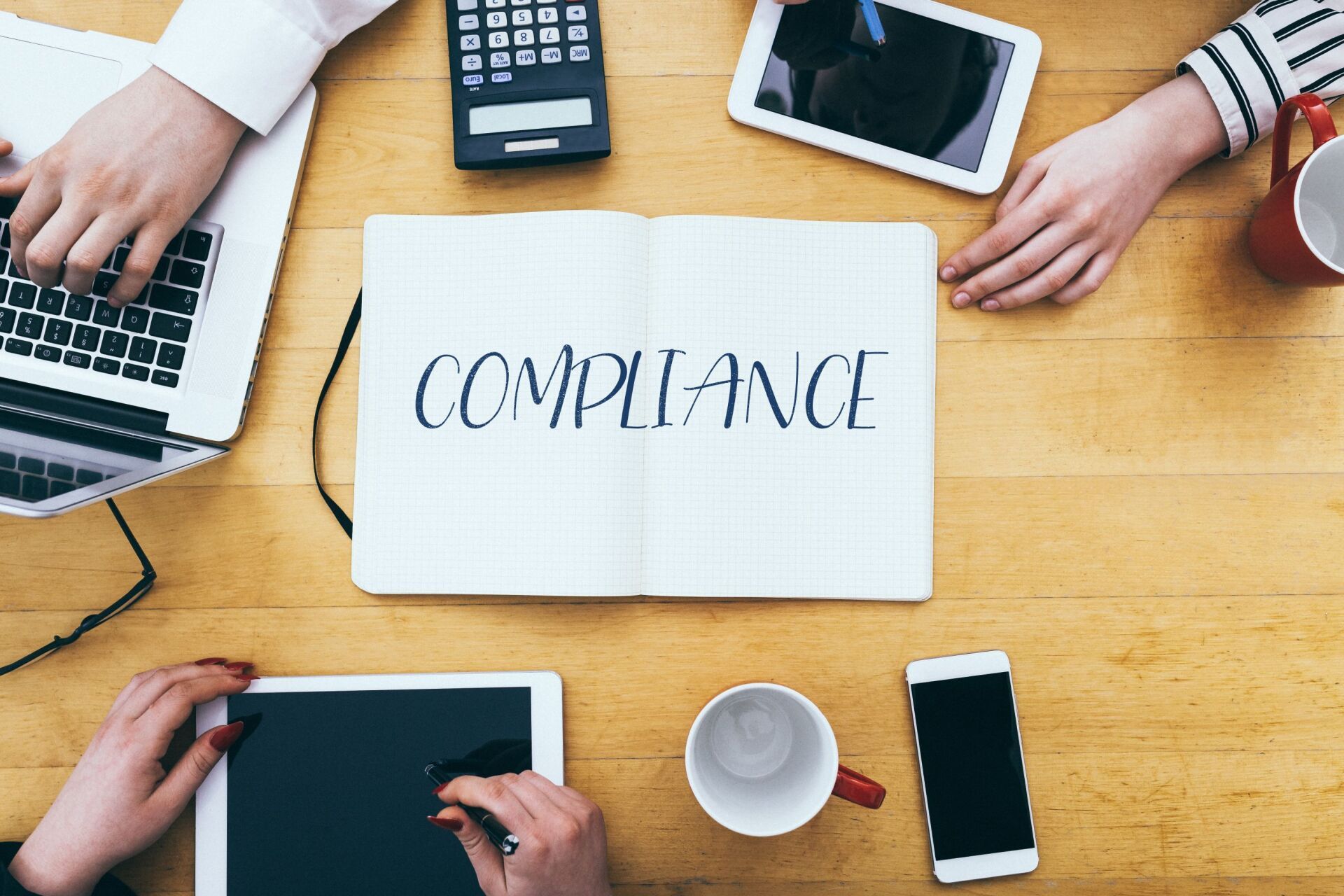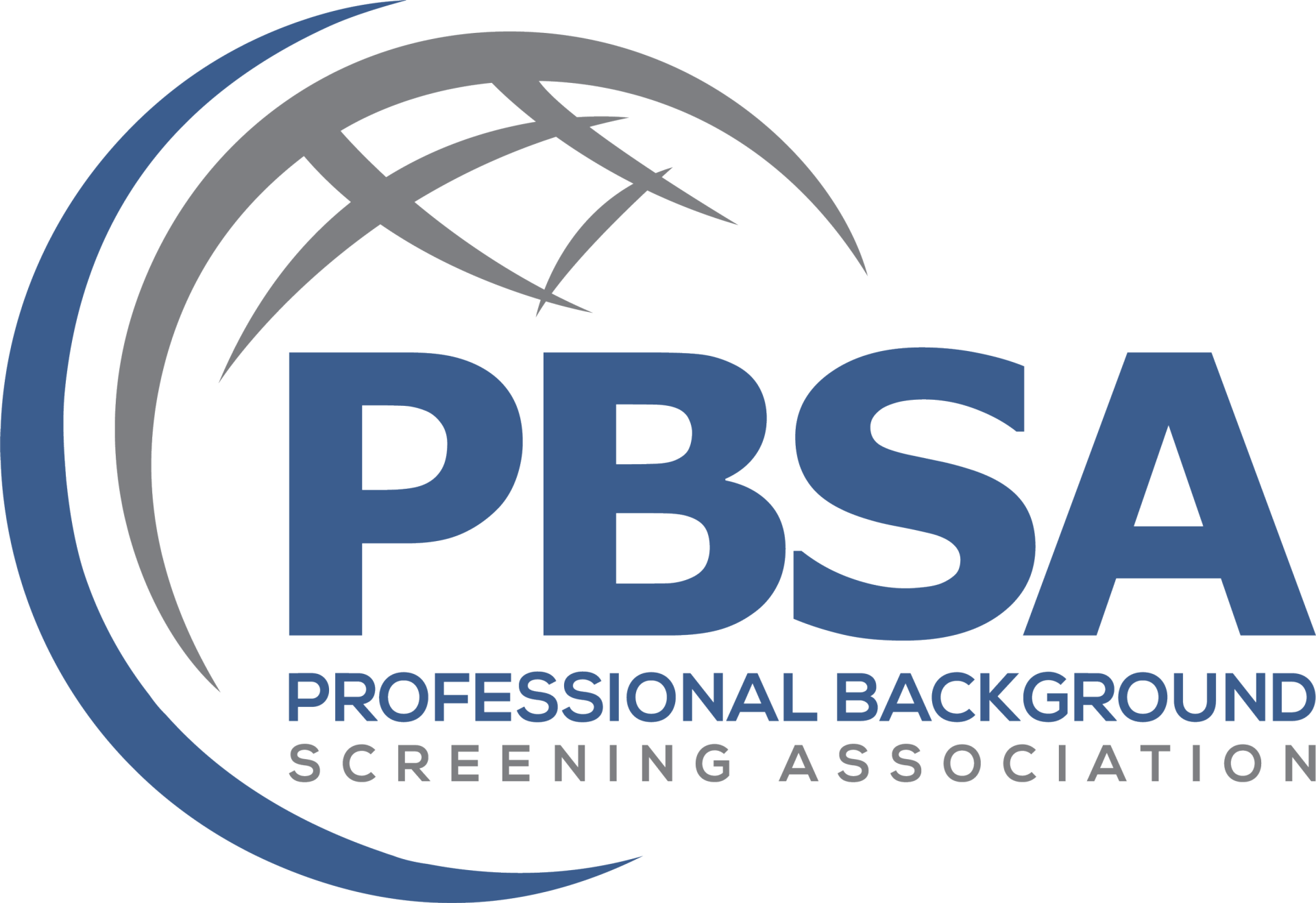How Legalized Marijuana Affects Drug Screening
Expanded legalization of marijuana for medical and sometimes recreational uses, places many employers in a difficult position with respect to drug screenings. Drug screening policies without exceptions may unfairly punish employees who are legally using marijuana, while not testing for marijuana use at all can open an organization to claims of negligent hiring.
Benefits of Testing for Marijuana Use
Of course, many positions require tremendous attention and precision which could be compromised by marijuana use, especially if used while on the job. Testing for marijuana use can also help to limit an employer's liability for errors, damages, or harm caused by employees under the influence.
Choosing not to test for marijuana use can result in employees who work under the influence and who can create risky, error-prone work environments. Failure to test can also mean you are no longer in compliance with local, state, and federal laws that govern your industry. Finally, failure to test can make your organization vulnerable to claims of negligent hiring and other risks to your reputation and productivity.
Drawbacks of Testing for Marijuana Use
Due to a changing legal landscape at local and state levels, it can be unclear whether hiring decisions based on the results of testing for marijuana are considered discriminatory. Because marijuana is illegal at the federal level, those companies who take federal government contracts or accept federal funding will still need to test for illegal drugs, including marijuana. Companies who do not fall into these categories face a complicated patchwork of state and local laws that may protect workers from adverse hiring decisions based on their medical and/or recreational marijuana use.
At Employers Reference Source, Inc., we can simplify your drug screening process with reliable results and a short turnaround time. Contact us today to take advantage of our full range of background screening services.










